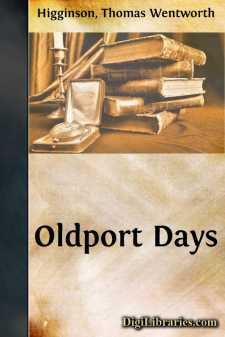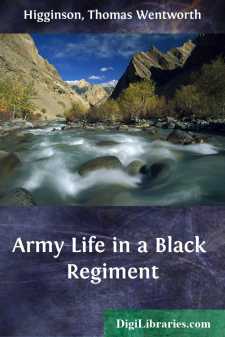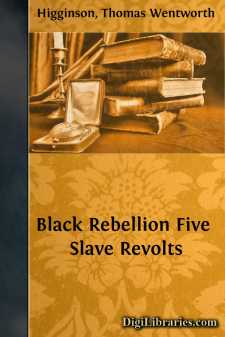Categories
- Antiques & Collectibles 13
- Architecture 36
- Art 48
- Bibles 22
- Biography & Autobiography 813
- Body, Mind & Spirit 142
- Business & Economics 28
- Children's Books 15
- Children's Fiction 12
- Computers 4
- Cooking 94
- Crafts & Hobbies 4
- Drama 346
- Education 46
- Family & Relationships 57
- Fiction 11828
- Games 19
- Gardening 17
- Health & Fitness 34
- History 1377
- House & Home 1
- Humor 147
- Juvenile Fiction 1873
- Juvenile Nonfiction 202
- Language Arts & Disciplines 88
- Law 16
- Literary Collections 686
- Literary Criticism 179
- Mathematics 13
- Medical 41
- Music 40
- Nature 179
- Non-Classifiable 1768
- Performing Arts 7
- Periodicals 1453
- Philosophy 64
- Photography 2
- Poetry 896
- Political Science 203
- Psychology 42
- Reference 154
- Religion 513
- Science 126
- Self-Help 84
- Social Science 81
- Sports & Recreation 34
- Study Aids 3
- Technology & Engineering 59
- Transportation 23
- Travel 463
- True Crime 29
Henry Wadsworth Longfellow
Description:
Excerpt
CHAPTER I
LONGFELLOW AS A CLASSIC
The death of Henry Wadsworth Longfellow made the first breach in that well-known group of poets which adorned Boston and its vicinity so long. The first to go was also the most widely famous. Emerson reached greater depths of thought; Whittier touched the problems of the nation’s life more deeply; Holmes came personally more before the public; Lowell was more brilliant and varied; but, taking the English-speaking world at large, it was Longfellow whose fame overshadowed all the others; he was also better known and more translated upon the continent of Europe than all the rest put together, and, indeed, than any other contemporary poet of the English-speaking race, at least if bibliographies afford any test. Add to this that his place of residence was so accessible and so historic, his 2 personal demeanor so kindly, his life so open and transparent, that everything really conspired to give him the highest accessible degree of contemporary fame. There was no literary laurel that was not his, and he resolutely declined all other laurels; he had wealth and ease, children and grandchildren, health and a stainless conscience; he had also, in a peculiar degree, the blessings that belong to Shakespeare’s estimate of old age,—“honor, love, obedience, troops of friends.” Except for two great domestic bereavements, his life would have been one of absolutely unbroken sunshine; in his whole career he never encountered any serious rebuff, while such were his personal modesty and kindliness that no one could long regard him with envy or antagonism. Among all the sons of song there has rarely been such an instance of unbroken and unstained success.
Yet the fact that his death took place twenty years ago may justly raise the question how far this wave of success has followed his memory, or how far the passage of time has impaired his traditional influence; and here we must compare a variety of tests and standards to ascertain the result. Some analysis of this kind may well precede any new attempt to delineate his career.
The editor of one of the great London weeklies said to an American traveller not many years 3 ago, “A stranger can hardly have an idea of how familiar many of our working people, especially women, are with Longfellow. Thousands can repeat some of his poems who have never read a line of Tennyson and probably never heard of Browning.” This passage I take from an admirable recent sketch by Professor Edwin A. Grosvenor of Amherst College, one of the most cosmopolitan of Americans, who spent seven years as professor of history at Robert College, Constantinople. He goes on to tell how, in the largest private library in the Ottoman Empire, the grand vizier showed him as his favorite book a large volume of Longfellow, full of manuscript comments in Turkish on the margin, adding that he knew some of the poems by heart. Professor Grosvenor was at one time—in 1879—travelling by steamer from Constantinople to Marseilles with a Russian lady who had been placed under his escort, and whose nationality could have been detected only by her marvellous knowledge of half a dozen languages beside her own....









